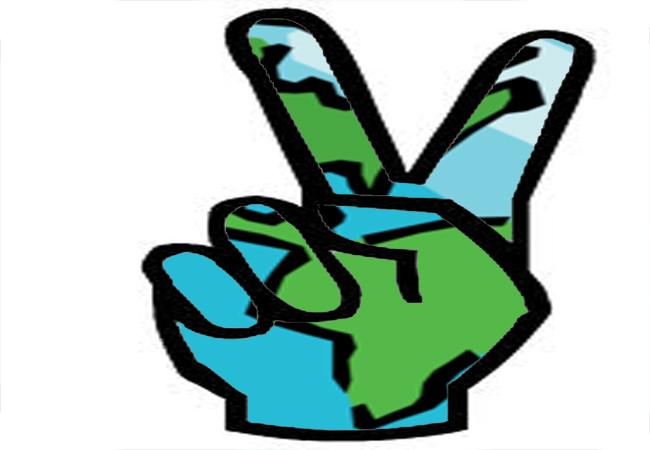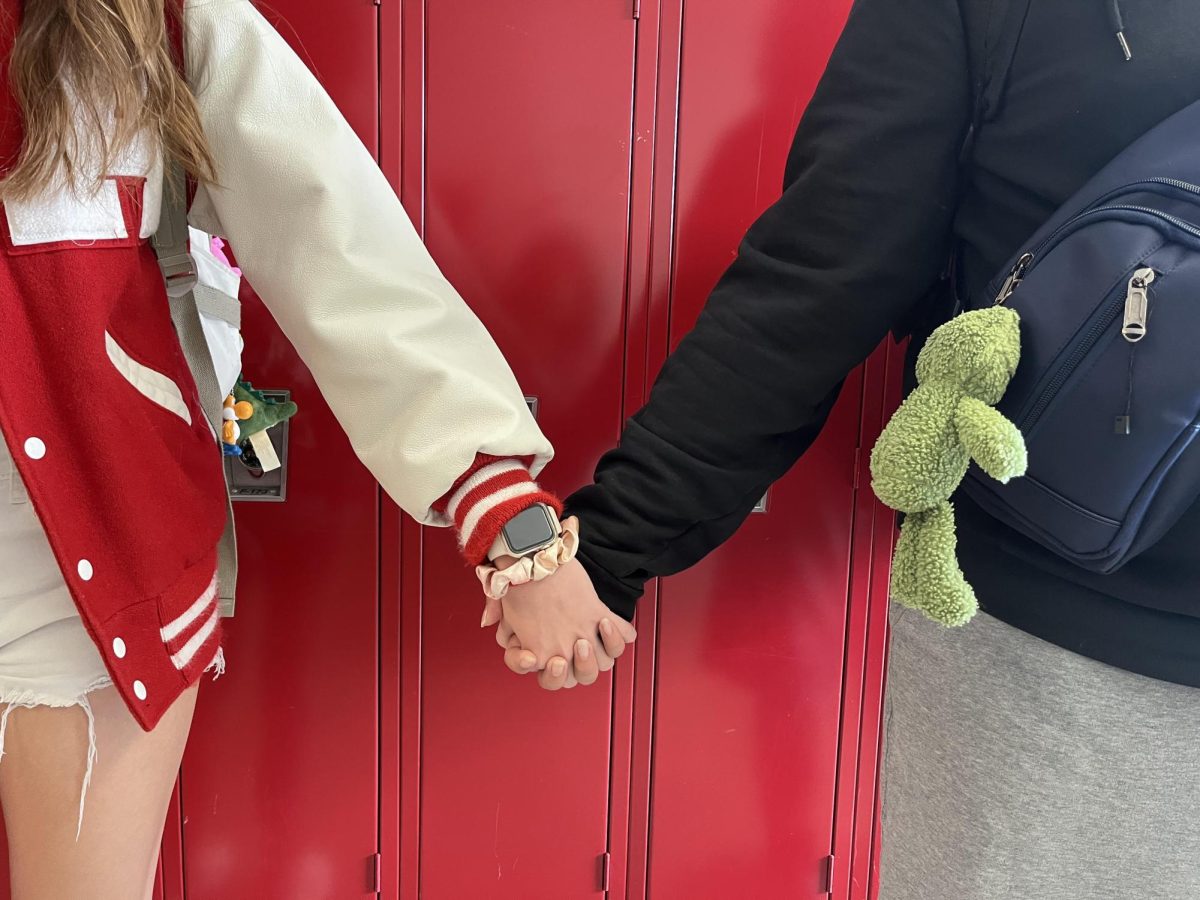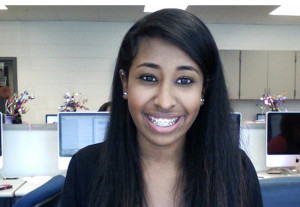We all have grown up with this idea of seeing a perfect world. Peace. It’s defined by the Webster dictionary as “a state of tranquility;” otherwise known to our small four-year-old mindsets as the happy ending. Even as we grow older, ever so prevalent is a small voice in the back of our minds, whenever we watch the news or read an article, of this sense of hope.
Hope that the dreams we wished to see when we were little would take affect; that world peace and good would “triumph all.”
But as I turn on the TV or power on my laptop it seems that our generation is interminably slowly drifting away from this idea of unity.
We’ve become so used to this notion of warring and conflicting nations, people and parties that I’ve come to find my imagination, my four-year-old self, a little let down. I’ve come to this notion that “peace” is a long-told generational lie – a myth. It’s for the dreamers and the innocent. For our inner child that still has so much hope in the world’s unity and have yet to face reality.
The images coming out of the Middle East, no matter what side you may take, are absolutely petrifying. With statistics stating that 126 Israeli children and an alarming 1,476 Palestinian kids have been killed since 2000 in the war torn nation, “peace” seems to be a figment of imagination.
Perhaps, none was more gut-wrenching then the leading image of the present-day airstrikes of Jihad Misharawi, a BBC Arabic correspondent who can be seen holding the wrapped body of his 11-month-old son who was killed in an airstrike of the very story he was reporting on.
The same images can be mirrored around the world. Being a Sudanese-American, the crisis beween North and South Sudan is an issue I take serious interest in, even as the conflicting divide between the two countries fails to gain media attention, and the deaths in Darfur become to simply be “a known fact. ”
And even the heavy partisan divide in Congress today reflects this struggle for conflicting ideas to make peace.
But I guess, all of this combat is needed in a sense.
In order to truly utilize the value of every agreement, and every treaty, and to appreciate the value of “the happy ending,” the princess must overcome contention and struggle. That is, after all, how the lesson is learned. For every child killed, and every inoccent person that struggles, “hope” becomes motivation for change.
And we can only “dream” that this hope becomes a reality. Perhaps we should take it from the “most peaceful man” himself. When asked about his resiliance for good, Mahatma Ghandi answered, “when I despair, I remember that all through history the ways of truth and love have always won. There have been tyrants, and murderers, and for a time they can seem invincible, but in the end they always fall. Think of it—always.”







